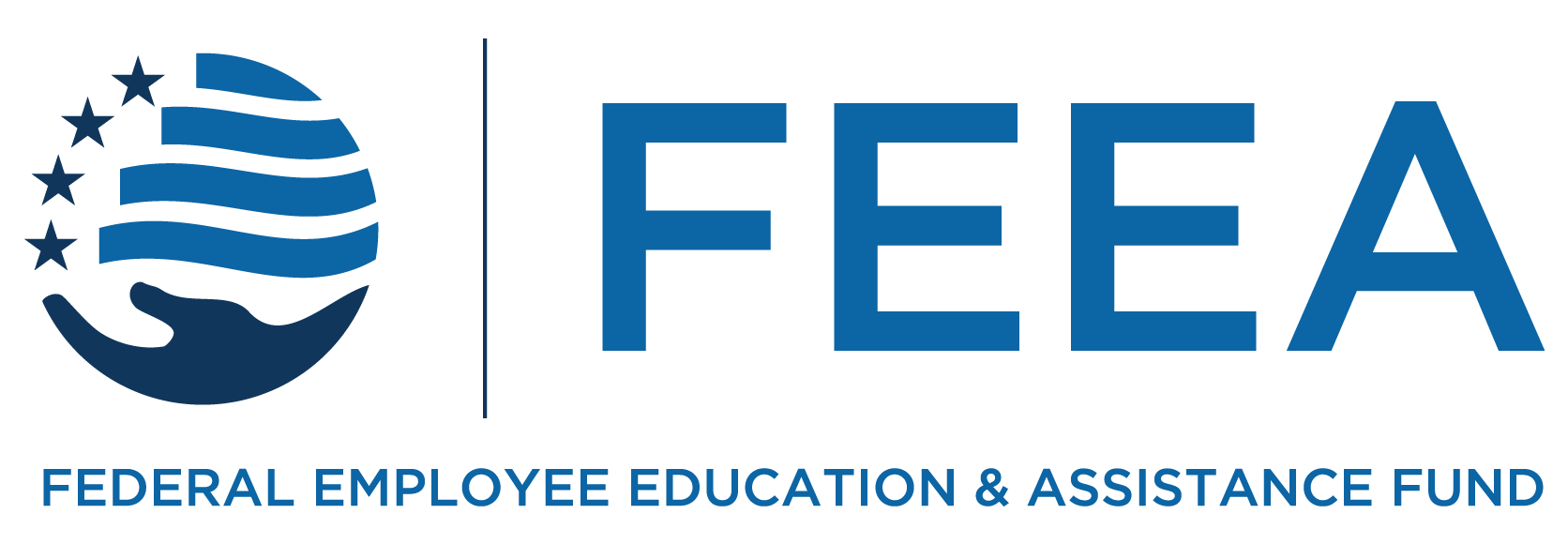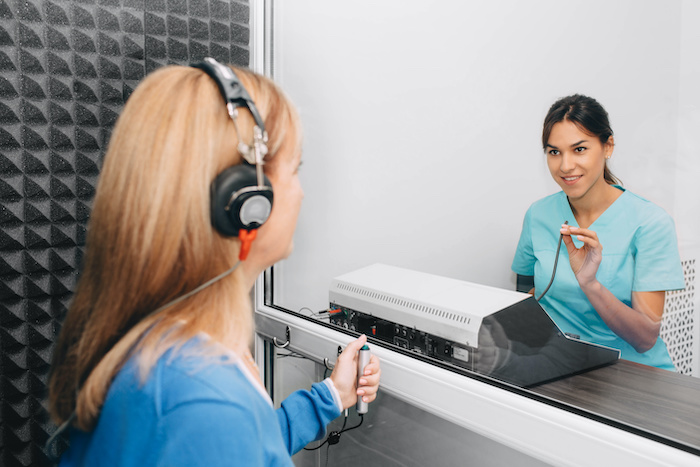How to Preserve and Improve Your Hearing at any Age
by Joyce Warner
I recently sat down with Steve Eagon, an audiologist with 25+ years of experience who is with EARGO, to talk about how to preserve and improve your hearing at any age.
Joyce: Steve, thanks for talking with me today. To kick us off, according to the CDC opens a new window, 48 million people in the U.S. have trouble hearing with one (or both) of their ears. Is that trend increasing, decreasing, or stable from years past?
Steve: Hi Joyce. It’s a pleasure to speak with you and I appreciate the opportunity to discuss hearing loss in 2021. The number of people with hearing loss is only growing because our society is aging and we’re exposing ourselves to greater levels of noise from things like personal ear buds. The most troubling part of this statistic is that people are still waiting an average of 7 years to take action from when they first notice they have trouble hearing. That average hasn’t changed since I started working in this profession three decades ago.
Joyce: What are some important considerations for young people to preserve their hearing? I’m thinking of the many parents who are worried about their young children’s and teens’ hearing and any practices they should be cautious of. Can you give us a brief overview of how this damage happens in the ear for our readers?
Steve: Noise induced hearing loss is permanent and typically happens gradually over time. However, a single instance can cause severe damage. For example, there are thousands of cases in which people young and old have been exposed to a single exposure of fireworks, loud music, firearms, etc. who suffer severe permanent hearing loss requiring the use of hearing aids. The past several years we’re seeing hearing loss from noise exposure in young adults and children who are listening to personal headphones at unsafe levels. To help control this, most of our smart phones have controls to limit volume levels and there are apps that allow us to use our phones as sound level meters to monitor the loudness around us. A quick Internet search will reveal numerous options. It’s a very good idea to have ear muffs at home to use when using power equipment around the home and foam earplugs are available at drug stores to use when attending loud events (air shows, concerts, indoor sporting events, firearms, etc.).
Joyce: Who What about for adults who work in loud environments (either at their regular job or even around the house, for example leaf blowing, lawn cutting, workshop hobbies etc.)? How should they protect their hearing?
Steve: Adults should follow the same advice as for children and teens. Wearing ear muffs or foam ear plugs when using power equipment as mentioned in your question is a must. Noise exposure is cumulative. While it may not happen right away, the hair cells of your inner ear take a beating over the years causing hearing loss and frequently tinnitus as the damage builds up. It’s never too late to begin using hearing protection. Again, I would recommend finding an inexpensive app that turns your phone into a sound level meter to check the noise levels of your environment.
Joyce: How about age-related hearing loss? What are some signs of this and do you have any tips for talking with a loved one to encourage them to seek help? I believe NIH has a quiz to help you determine if you need to seek hearing help: https://www.nidcd.nih.gov/health/do-you-need-hearing-test-quiz opens a new window.
Steve: Age-related hearing loss is unavoidable. It will happen to all of us at some point. The typical signs of age-related hearing loss are similar to noise induced loss. These include loss of speech clarity, asking people to repeat themselves, listening to the TV at loudness levels higher than others, perceiving that people are mumbling, and difficulty hearing in background noise such as restaurants. Hearing loss can be disruptive to varying degrees depending on the activity level of someone’s lifestyle. If your quality of life is affected and you strongly suspect hearing loss, you can start by taking a reliable online hearing screening such as the one available at Eargo by clicking HERE opens a new window.
Joyce: What are some sudden hearing changes that should prompt someone to see their doctor as soon as possible?
Steve: If you have a sudden change in your hearing, dizziness (vertigo or any imbalance), severe tinnitus (ringing in the ears), ear pain or drainage of the ears, the hearing in one ear is worse than the other, or any other symptom that is sudden and alarming, reach out to your primary care physician or ear, nose and throat (ENT) specialist immediately. A complete hearing test may also need to be performed as part of a medical evaluation.
Joyce: If you or a loved are experiencing difficulty hearing, what kinds of hearing aids, assistive devices, and technologies are out there?
Steve: There are numerous options available today for people with hearing loss. Choices to improve your hearing can range from basic amplifiers that cost a few hundred dollars to FDA registered hearing aids that cost thousands of dollars. Traditional behind-the-ear hearing aids have been around for decades and most of these are available at many hearing aid retailers and ENT offices. There are also newer modern options for people that make hearing care more accessible, affordable, convenient, and aesthetically appealing, like the ones we offer. Please do your homework and find a professional or company who will provide a comprehensive consulting experience to help you find what’s best for your hearing loss and lifestyle. You can also encourage your loved one to begin using closed captioning on their television, Zoom gatherings, etc.
FEEA thanks Eargo for contributing to our #FedLifeHacks program
Would you like to receive more information like this when it comes out? Sign up for the FEEA newsletter using the Newsletter Sign-up section in the sidebar of this page.
Would you like to reprint this piece in your agency human resource, federal employee association, or union local newsletter? You can do so at no cost by contacting admin@feea.org with your request.
The information provided in this piece is for your convenience and informational purposes only and not to be construed as professional advice. FEEA and its coauthors and sponsors are not liable for any losses or damages related to actions or failure to act with regard to the content in this piece.





